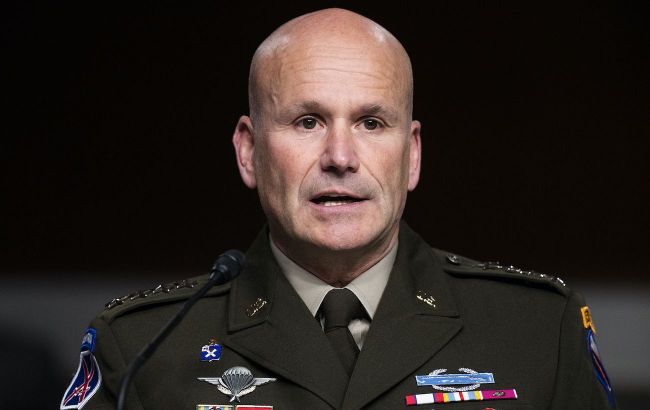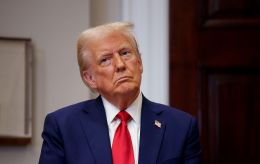NATO Commander in Europe evaluates Russia's reaction to invasion of Kursk region

Russia has demonstrated a rather slow and scattered response to Ukraine's offensive in the Kursk region, says General Christopher Cavoli, the Supreme Allied Commander Europe.
Cavoli states that Russia is still piecing together its response to Ukraine's invasion, and so far, it has been a rather slow and scattered reaction.
This reaction is due to the lack of understanding of who should be responsible for the fighting inside Russia, as well as the lack of available troops that Russia could use in the Kursk region. According to him, the Russian Ministry of Defence is responsible for military operations in Ukraine, while the Russian Ministry of Internal Affairs should be responsible for Russia.
In addition, Russia does not have the available forces to counter the Ukrainian operation. Cavoli says the level of involvement and the proportion of Russian ground forces in Ukraine is very significant. The units that remain in Russia are conscripts.
He notes that the Russian authorities have deployed a lot of air forces to the Kursk region, but it is not known how many ground forces will be involved.
Also answering a question about the state of the Ukrainian army, Cavoli notes that despite the challenges faced by the Ukrainian armed forces, he was impressed by the innovations that Ukraine has demonstrated militarily, technically, and tactically.
The Institute for the Study of War (ISW) reported that Russia has begun to move some elements out of Ukraine to respond to the situation in the Kursk region, but the types of units being moved and where they are being moved from are a strong indicator that the Russian military command is still prioritizing ongoing offensive operations in eastern Ukraine.
Politico writes that while the success of the surprise Kursk operation boosted morale in Ukraine, Russian troops are striking back, seizing new territory in the Donetsk region.

